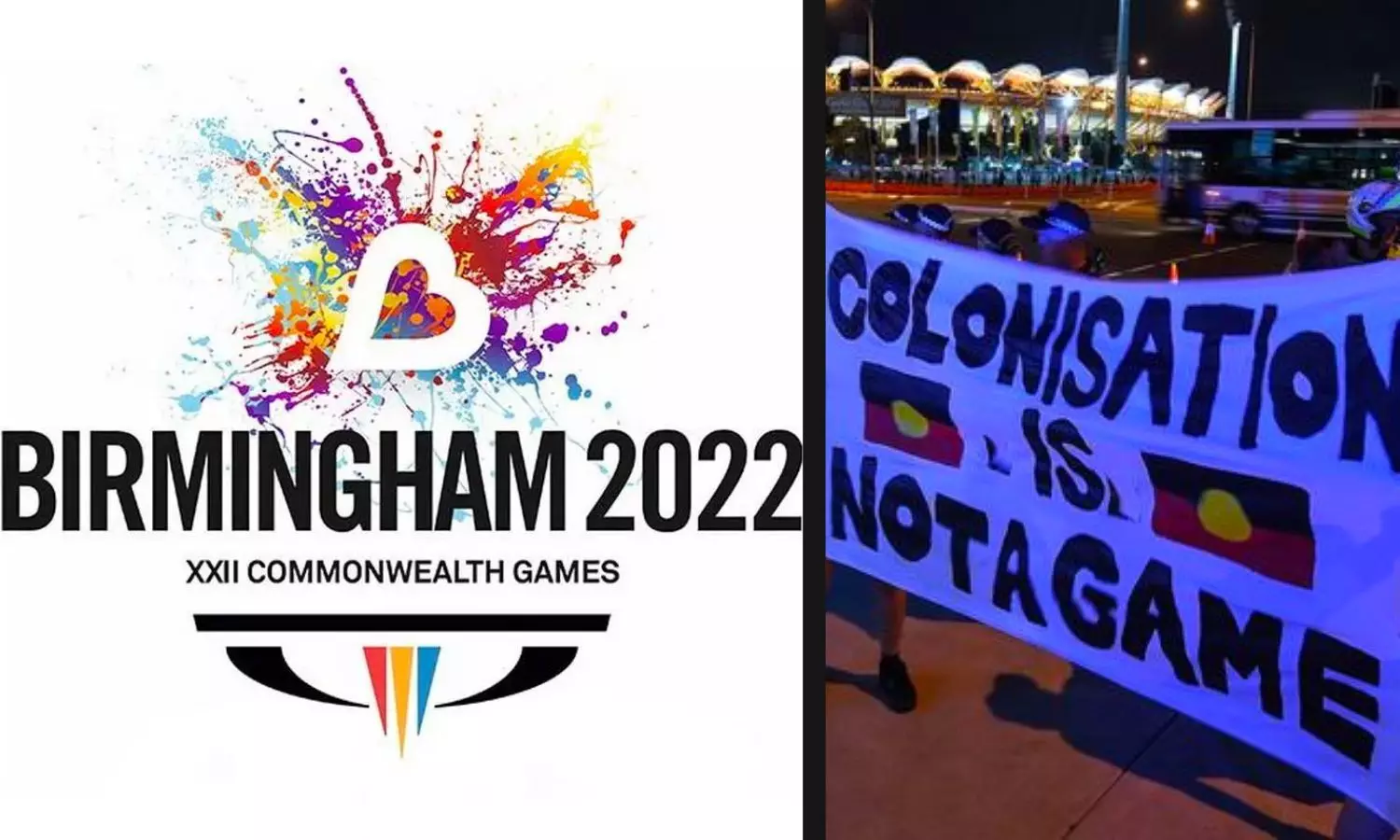Commonwealth Games
How relevant are the Commonwealth Games in current times?
With the 'Commonwealth' acting as a reminder of an oppressive colonial past, the question of India boycotting the CWG has surfaced often.

In a post-colonial era, is the CWG anything more than a sub-standard sporting event through which a tradition of oppression is kept alive?
"I think India should consider boycotting the Commonwealth Games to make a bold statement…It looks like we are being taken for granted," athlete Manu Bhaker said earlier this year. She had been asked to comment on the non-inclusion of shooting in the 2022 Birmingham CWG, but she might have been making a larger historical point.
India's hockey federation also struck a plaintive tone in their letter to the CWG when they threatened boycotting the event last year. "We feel these restrictions are biased against India and term it as very unfortunate. Such discriminatory restrictions were not imposed on Indian athletes and officials during the recent Tokyo Olympic Games," said the letter from Hockey India.
The CWG may be the third-largest multi-sporting extravaganza in the world, covering athletes across a population of 2.5 billion people, a third of the global population, but the geographical ambit of the event has always been in flux.
India themselves were part of many countries who had boycotted the 1986 CWG against Margaret Thatcher's United Kingdom's refusal to cut sporting ties with apartheid South Africa. That particular edition of the Games had looked like a whites-only one as a result, perhaps reflecting how they had originally been envisioned - white rulers using sports as a tool to keep their dominions under check.
When the CWG was first held in 1930, it was known as the British Empire Games. Long after the Sun has set on the British Empire, the Commonwealth continues to represent the vestiges of that forgotten Empire and loyalty to the Queen. The relevance of this realm, outlasting its creators by close to a century now, has therefore always been questioned, but never so intensely as in the current state of world politics.
The last edition of the CWG that was held in Gold Coast, Australia in 2018 saw a protest outside the Carrara Stadium during the opening ceremony. More than a hundred indigenous protesters had gathered with black, red and yellow Aboriginal flags and chanted "No Justice, No Games."
The protestors labelled the Commonwealth Games as 'Stolenwealth Games', highlighting a popular sentiment on what the 'Commonwealth' stands for - a means of legalising centuries of injustice by the Empire against its colonies.
An anti-Commonwealth wave across the world
"The time has come to fully leave our colonial past behind," said the Governor-General of Barbados as the Pacific island nation became the latest former colony to leave the Commonwealth last year.
This year, Australia appointed Matt Thistlethwaite as the country's first minister tasked with overseeing a transition to a republic, fuelling concerns that one of the Commonwealth's oldest members could seek to make a similar move. The original purpose of the realm - Queen Victoria's attempt to maintain control over the colonies despite growing calls for independence in a period of rising nationalism in the wake of the First World War - looks to have finally failed.
The 'Black Lives Matter' movement has served as a catalyst in a rising wave of anti-colonial sentiment across the world in the last couple of years. Jamaica have been particularly vocal, also petitioning the Queen for reparations for the Crown's role in the transatlantic slave trade.
Statues of the Queen from a century ago have been vandalised or pulled down by the administration in places ranging from Canada to India. In Kolkata, the iconic Victoria Memorial is being turned into a memorial for 'national heroes', according to an official from the Union Culture Ministry. "People have forgotten the British Empire, it is time to move on and start honouring our own heroes," he told this reporter.
Politics and play from a bygone era
The Commonwealth describes itself as an 'association of 54 countries working towards shared goals'. Only one of the five points in its working agenda has any mention of sports, and that too seemingly as an afterthought - 'develop society and young people, including gender equality, education, health and sport'.
But the CWG is the most visible activity that binds the Commonwealth countries together. Playing these sports is seen as a sign of sharing a certain Commonwealth culture. The adoption of cricket at schools in Rwanda is seen as symbolic of the country's move towards Commonwealth membership.
Is the CWG then anything more than a sub-standard sporting event through which a tradition of oppression is kept alive?
While there is no denying that a multi-sporting spectacle like the CWG - involving countries with little in common except a shared history from many years ago - offers a unique event in the sporting calendar, the question of India's pullout from the Games completely has also been posed in recent years.
Indian Olympic Association (IOA) president Narinder Batra in 2019 said India should withdraw from the Commonwealth because firstly the level of competition is low and that the realm continues to mistreat India, the association's largest member in terms of population. "Yet, they don't consider us seriously. There are 13 committees and there isn't one Indian in them. There is no Indian on the executive board. Why are we in the system? It's a colonial thing," he had told The Indian Express.
